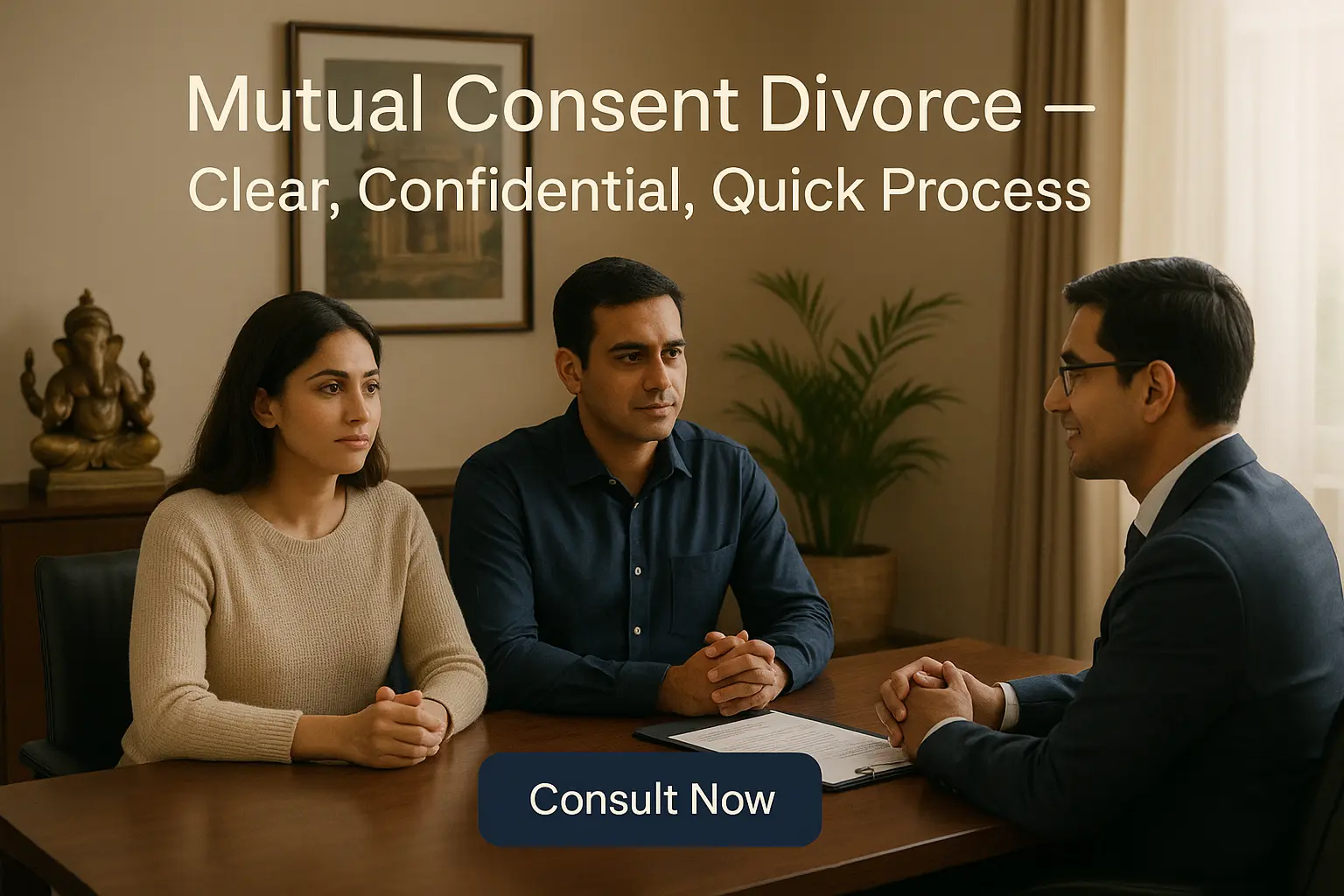
Blog
Initiating the process of divorce can undoubtedly be one of life’s most challenging journeys, laden with emotional complexities and legal uncertainties. However, for couples who have mutually decided to separate and are willing to approach the dissolution of their marriage amicably, Mutual Consent Divorce in Bangalore offers a dignified, streamlined, and less confrontational pathway forward.

